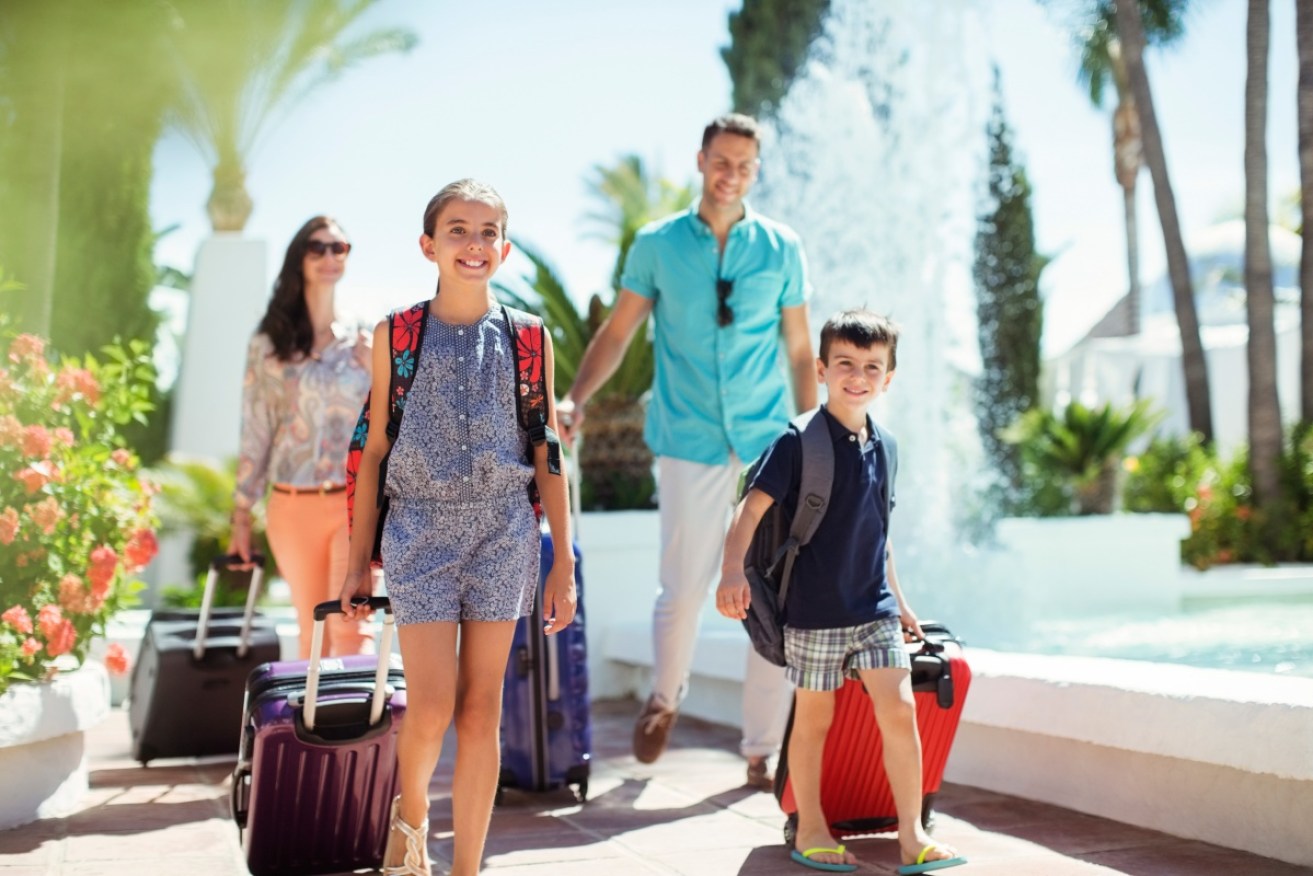Beware the hidden costs of travel: how to avoid them


Resort fees can have a sting in the tail. Photo:Getty
With the dollar 25 per cent weaker than it was two years ago and Australian wages virtually flat, foreign travel is making a bigger hole in our finances than ever.
But the travel bug is a hard one to shake and people are finding ways to save while on the move.
• How comparison rates are confusing borrowers
• Generation Less: why young Aussies are screwed
• Ticket prices on the rise while airlines cash in
Most people are now aware of the basics: set your smartphone to flight mode to avoid global roaming fees and give the airport hawkers offering a ride to their cousin’s hotel a wide berth.
But smart travellers look beyond these to avoid plenty more hidden financial traps. Here are six of the most common.
Car rental excess
The last thing you want is to receive a hefty bill after you ding a rental car in a foreign country. So when the helpful counter staff offer to reduce the excess on the collision waiver insurance from $3000 for a daily fee, you think it makes sense.

Your insurance may have an excess for cars. Photo: Getty
But, according to owner of Getaway Guru destination service Leanne Anderson, you should check your travel insurance first.
“You may have travel insurance through your credit card or your own travel insurance that could cover this excess,” she said.
“Read the fine print and shop around to find insurance that will cover the excess.”
Hefty cancellation fees
If you cancel your accommodation, do not assume you will get all of your money back just because you are giving your hosts plenty of notice.
“I’ve known travellers who have booked a villa in Italy 12 months in advance and paid a 50 per cent deposit,” Ms Anderson said.
“They decided to change their accommodation six months out and lost their deposit in full, which was in the fine print.”

Cancellations can hit hard. Photo: Getty
Which leads us to …
Security and cleaning fees
If you are staying in an apartment overseas, it pays to check what the rates for security and cleaning fees will be because they vary widely and you will often not be asked to pay them until arrival.
“A group of my friends and I stayed at an apartment in Fiji and we found out when we got there that the cleaning fee was $US250 per person,” Ms Anderson said.
Resort fees
Resorts in the US are notorious for levying fees, says TravelManagers Australia consultant Ric Pattaro.
“If you are staying at a resort, for example in Hawaii, you will get hit with resort fees that cover the daily newspaper to your room, WiFi, maybe some resort activities and so on,” he said.
“They can be between $US30 and $US35 per room, per night, but it won’t be advertised in the initial room rate.”

Resort fees can have a sting in the tail. Photo: Getty
Bed taxes
Also known as the city tax or tourist tax, this European hotel tax often catches out travellers and can cost three to five Euros a night and you won’t know until you see the bill.
Credit card fees
Most of us realise that credit card fees can be sky high, but you can minimise the damage by avoiding direct currency conversion (DCC), according to director of The Currency Shop, Justin Rampono.
“You could be paying for a taxi, bar tab or hotel bill and the merchant will give you the option to pay in the local currency or in Australian dollars: if you choose to pay in Australian dollars, the transaction is subject to DCC,” he said.
“But you can choose to pay in the foreign currency. You will still get a currency conversion fee but it is typically a lot less than choosing to pay in Australian dollars.”









